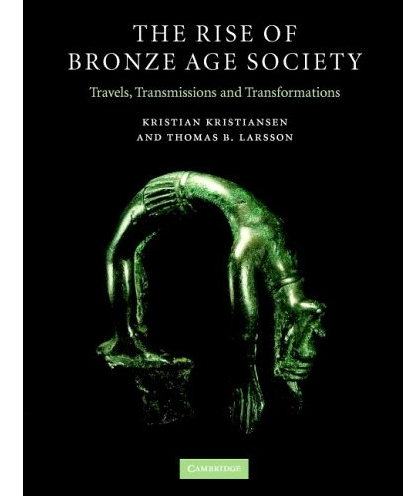The prehistoric expansion of Indo-European languages: an archaeological model
Who, what, where and when
Guest lecture by Professor Kristian Kristiansen, University of Gothenburg.
Professor Kristian Kristiansen's lecture will take place on 22 April 2010 at 15:15 in room 23.4.39 at the University of Copenhagen in Amager (KUA) and will be given in Danish.
It is organized by Roots of Europe.
Everybody is welcome.
Short description of the topic
In order to understand the spread of language we need first to understand the social and economic dynamics of the societies that carried those languages we study. Language is

in this respect a secondary product of social organisation, and it is social processes of migration, conquest, travels and trade that may lead to language change.
When studying the historical expansion and diversification of Indo-European languages we are confronted with a methodological problem: pots do not speak, and consequently we will never be able safely to identify and date Proto-Indo-European languages on archaeological grounds alone. Instead we need to employ linguistic and textual evidence on social and religious institutions in IE speaking societies whose attributes can be identified empirically in the archaeological record.
Thus, linguistic and archaeological evidence are complementary: linguists are able to reconstruct those social institutions that characterized the early Proto-Indo-European languages, but they cannot date them. Archaeologists on the other hand can date the archaeological evidence of such institutions in time and space, if the archaeological record is good enough. Rather than start looking for singular elements such as wagons or horses, we should identify a ‘package’ of archaeological traits that constituted an institution. Today we are in a situation where this is possible.
Kristian Kristiansen will talk about this new archaeological evidence and what it tells us about the expansion of the earliest Indo-European languages and institutions from the late 4th to the early 2nd century BC.

